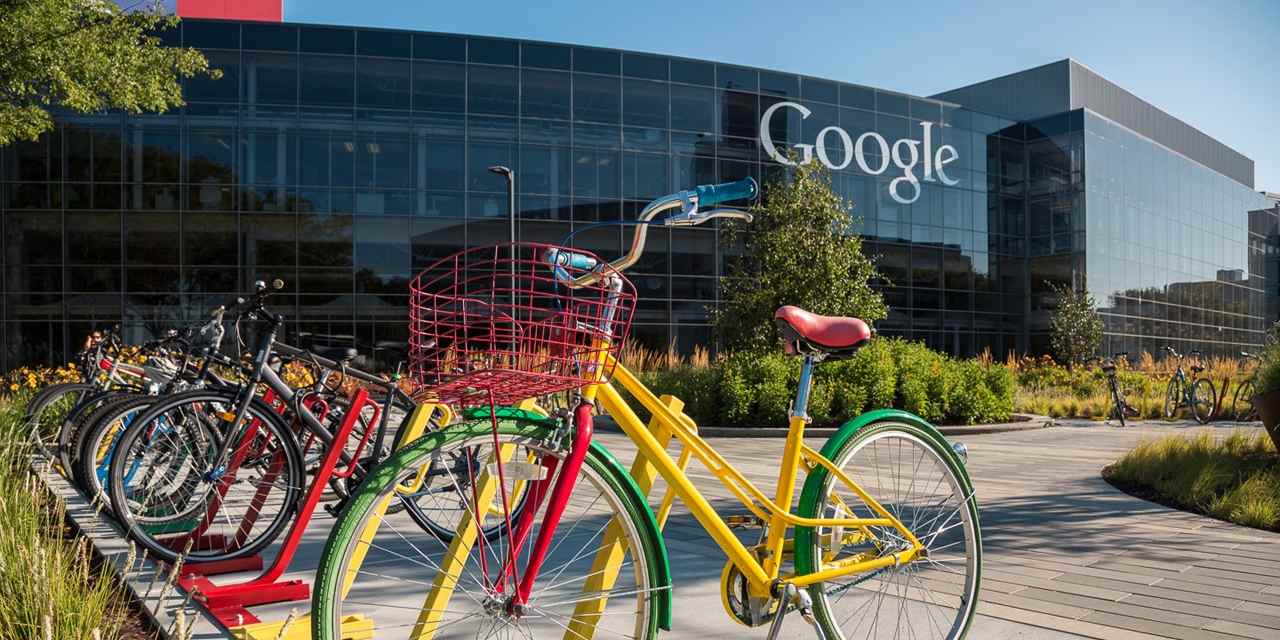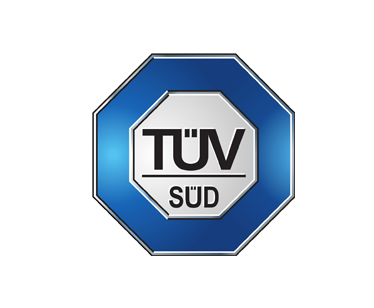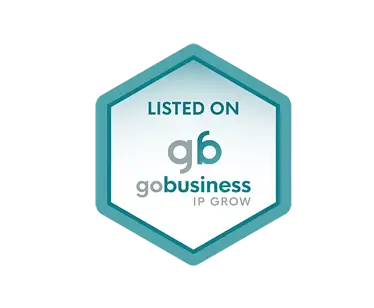In a wildly connected world, business growth can spread as fast as the virus. Whether it is riding through or riding on the tide, the key to the organisation’s agility is in its people.
In branding, there is a belief that the brand is only as strong as the people on it. We build products for people and we design services for people. The success of product and services depends on the people who deliver them.

CASE STUDY: Google & Alibaba.

Google remains the gold standard for a strong brand culture. The tech titan’s sole purpose is create an euphoric environment to keep employees more than happy. It is also seen as the way to increase creativity, innovation and productivity. Many people are inspired by Google’s corporate culture.
Business owners begin to see a strong brand culture as the solution to help them solve the challenges of talent attraction and retention. Beyond the well-known buffet list of employee perks from free organic meals, free health and dental, onsite entertainment, on-site recreation and more, Google is set on hiring the right people from the start with its stringent entrance tests. The right people are self-motivated. It is not how you pay, it’s who you pay.

In the eastern side of the world, we have Alibaba, the Chinese tech giant who holds mass employee group weddings on every 10th of May. The ceremonial spectacle is to commemorate the spirit of unity and family that helps the company tide through SARS outbreak in 2003. During that period, more than 400 of Alibaba employees had to vacate the office premises and work from home due to one employee displaying symptoms of SARS.
Despite under home quarantine, employees continue to work remotely and tirelessly toward the plan to launch a new consumer shopping site. The employees’ family members help by making sure the employee is well fed and some even help to attend to customers’ enquiries.
This is a strong testament to the company’s shared purpose of ordinary people achieving extraordinary things together. Taobao, the new consumer shopping site was launched in the middle of the SARS outbreak and the rest is history.

In Singapore, we noticed a recurring sentiment of family unity as the pillar in small and medium enterprises (SMEs) culture. Flexibility and good bosses are the top and commonly cited reasons by staff who have worked in the SMEs for more than 5 years.
This could be traced back to our deep-rooted Asian culture and upbringing that focuses on family bonds.
There are certain pros and cons to this value being the primary value in companies. The advantages are the belief that family members are supposed to stand by you through “thick and thin”. Despite any disagreement, family members are expected to forgive and support, give and take to ensure harmony and prosperity. The downside is that when newcomers, especially the millennials, enter into the corporate family, the pressure to conform to the old ways of doing things is high. One way to solve this issue is to create a strong mission for the millennials to buy into.
In summary, these simple pointers will help your company build a strong brand culture:
1. Articulate a shared purpose.
2. Establish core values.
3. Hire the right people.





